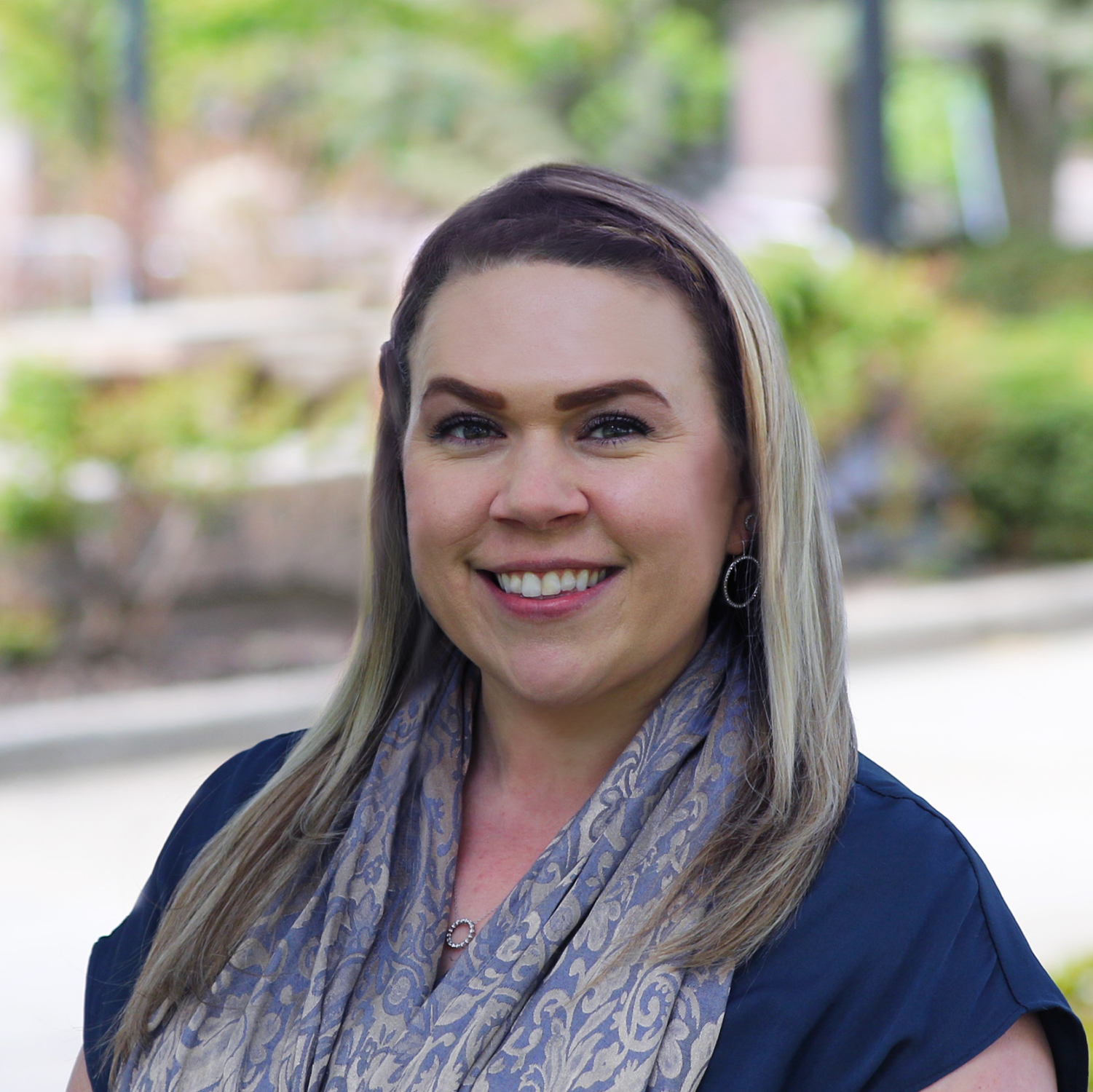Making the Legal Case for School Choice
With choice programs more popular than ever, EdChoice commitment to legal education and defense remains
In recent years, the country has made tremendous progress toward achieving the vision of universal educational freedom first set forth by Milton and Rose Friedman when they founded EdChoice in 1996. Together, they envisioned a future in which all students would have the opportunity to thrive in the learning environment of their family’s choosing.
Through the rapid establishment of choice programs, particularly those available to all students, and record growth in enrollment, we are closer to achieving that dream than ever before.
Yet we know the mere creation of school choice programs isn’t enough.
To ensure their longevity and truly fulfill the Friedmans’ great promise, we must also take care that every piece of legislation intended to expand educational freedom is legally and constitutionally sound. That’s why EdChoice first created the Legal Defense and Education Center (LDEC) in 2018, building off the years of work its leader, Leslie Hiner, had been doing to provide legal guidance and assistance to state partners.
And while the fundamental need for consult on the vast legal precedent remains, the challenges to choice programs look somewhat different than they did in past years.
Not only has the popularity of programs moved the issue from the limelight to the spotlight, but increasingly, the battle over school choice has shifted from federal to state courts. To respond to that need and ensure that newly created and long-established choice programs are defended in court, EdChoice established EdChoice Legal Advocates (EdLA) last year.


Under the leadership of Thomas Fisher, vice president and director of litigation, EdLA is already working to defend the new Montana education savings account program for special needs students and has offered support to a Michigan choice effort via an amicus brief. In partnership with the Institute for Justice—which is gradually winding down its involvement in education litigation and transferring those duties to EdChoice—EdLA is also working to defend programs in Arkansas, Utah, Ohio, and beyond.
“We’re going into cases on behalf of parents, whose interests in directing their children’s education is most centrally at stake,” Fisher said. “It’s a challenging job, but it’s also incredibly rewarding. Defending parents and ensuring their children have access to quality education is at the heart of what we do.”
Meanwhile, EdChoice will continue to do the critical work that comes long before—working alongside partners and policymakers to guide them in crafting constitutionally and legally sound programs. Hiner, EdChoice vice president of legal policy, will maintain the core policy work of LDEC, while EdLA assumes defense duties previously under her purview. Her work will encompass providing legal review and guidance of bill drafts, offering legal policy guidance, and leading legal education.
 To that end, the center has been renamed the Legal Policy and Education Center (LPEC) to more closely reflect its focus in the coming years.
To that end, the center has been renamed the Legal Policy and Education Center (LPEC) to more closely reflect its focus in the coming years.
“Having a specialized team makes a huge difference,” Hiner said. “It’s not just about winning cases; it’s about giving families the freedom to choose the best educational path for their children. There’s always more work to be done. Every victory is just a step towards greater educational freedom. Every case, every battle, every late night—it’s all worth it when you see the relief and hope in the eyes of parents and children.”




